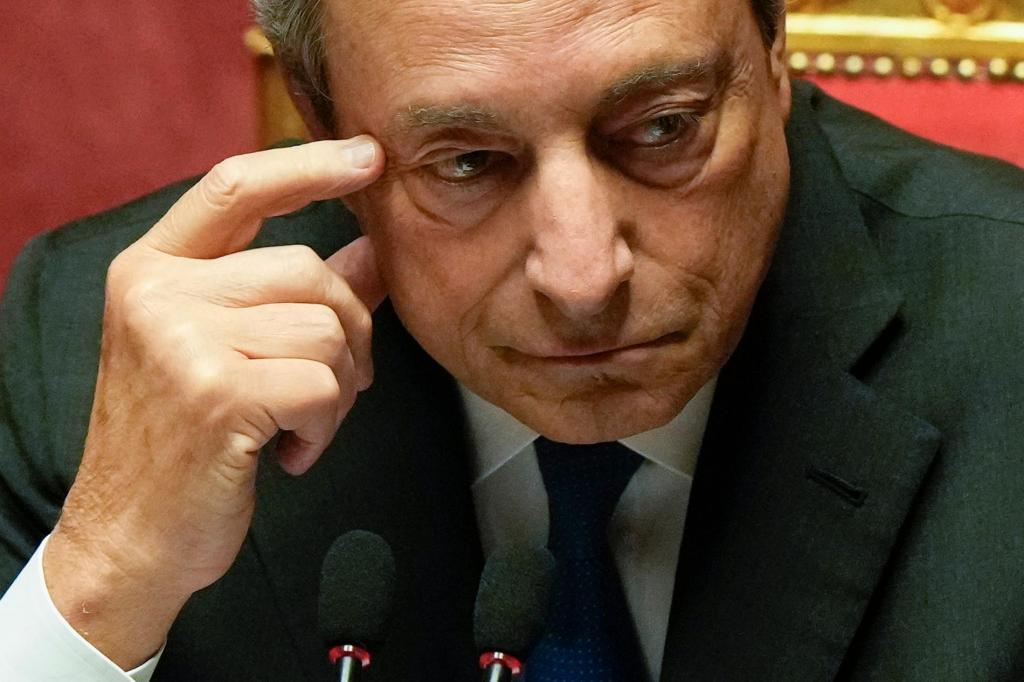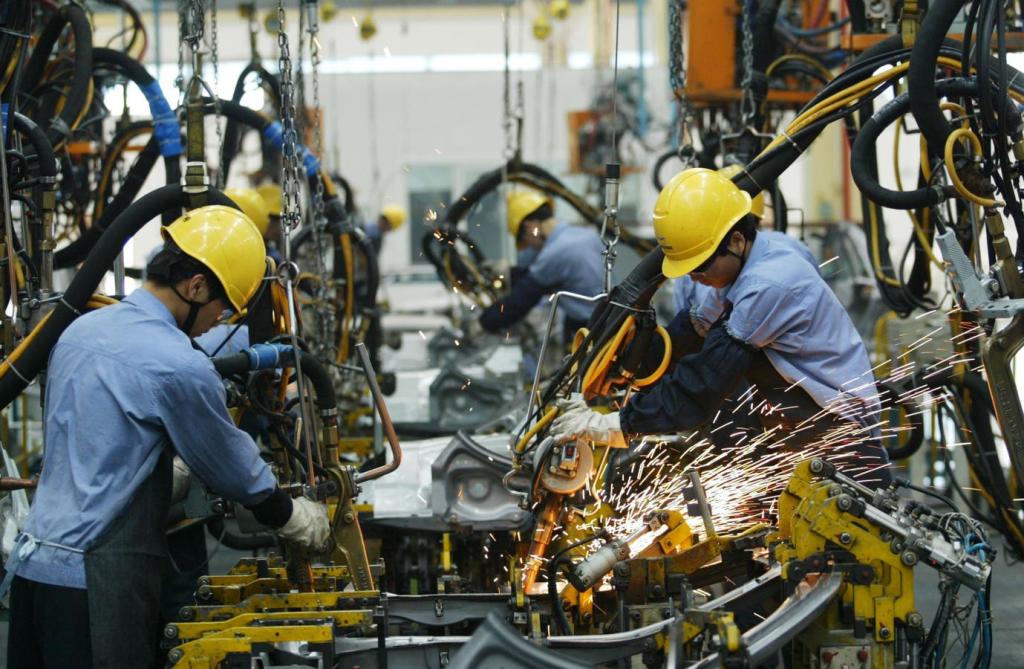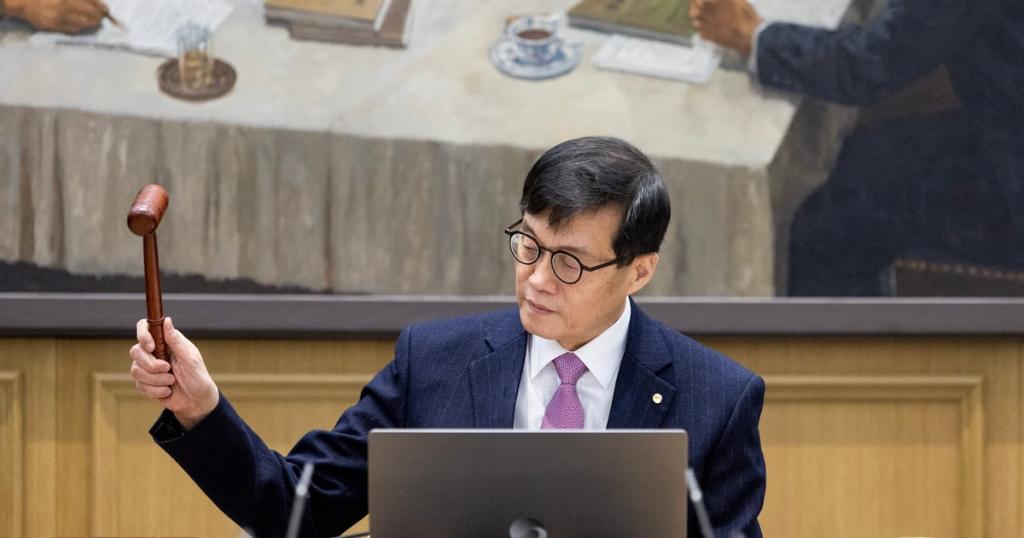Revitalizing Europe Through Urgent Economic Reforms
Explore Mario Draghi's urgent call for massive investments and coordinated reforms to ensure Europe's competitiveness and prosperity in a changing global landscape.

Key Points
- Mario Draghi's report emphasizes a need for annual investments of €750-800 billion to enhance Europe's economic competitiveness.
- The report calls for a more coordinated industrial policy to combat fragmentation among EU member states and promote faster decision-making.
- Without significant reforms, Europe risks losing its industrial relevance and falling behind global competitors like the US and China.
The
(EU) finds itself at a crossroads, caught in the whirlwind of global competition and economic uncertainty. Former Italian Prime Minister and European Central Bank President Mario Draghi has issued a clarion call for urgent reforms aimed at revitalizing the continent's economy. In his recently released report, Draghi presents a roadmap that underscores the necessity for expansive investments, innovation, and a cohesive industrial strategy, emphasizing that the EU risks falling behind major players like the United States and China if it does not act decisively.

The Stakes: An Existential Challenge
Draghi's report is resoundingly clear: “For the first time since the
, we must genuinely fear for our self-preservation”. The urgency of the situation cannot be overstated. The EU's economic growth has persistently lagged behind that of the United States and is now facing fierce competition from China, particularly in technology. The report highlights that if Europe fails to enhance its productivity, it risks becoming a mere regional player rather than a formidable global competitor.
Massive Investment: The Path Forward
To breathe new life into the European economy, Draghi advocates for annual investments between €750 billion and €800 billion, which would constitute nearly 5% of the EU’s GDP. This scale of investment is unprecedented, dwarfing even the
that helped rebuild Europe after
. Draghi emphasizes the need for these funds to be allocated towards essential areas such as technology advancement, environmental sustainability, and defense.
For instance, Draghi argues that Europe must catch up in the digital revolution, which has been primarily dominated by American and Asian firms. Currently, only four of the top fifty technology companies globally are European—an alarming statistic that highlights the urgent need for action.
Greater Coordination: A Unified Approach
Draghi's report also touches upon the necessity of a more coordinated industrial policy. The existing fragmentation across member states has hampered the single market, stifling potential competitiveness. By harmonizing subsidies and fostering collaboration among EU nations, Europe can amplify its response to global challenges. This call for unity aims to create a more agile decision-making process that enables faster and more effective responses to external pressures.
Examples of Current Shortcomings
Recent developments in the automotive sector serve as a striking example of Europe’s vulnerabilities. Companies like
are contemplating factory closures, while firms like Tesla continue to expand their dominance. This reflects a broader trend where European manufacturers struggle against competition due to high energy costs and regulatory burdens. Draghi poignantly notes that without immediate and robust measures, Europe risks losing its industrial relevance entirely.
Looking Ahead: Overcoming Doubts
Although Draghi's propositions are indeed bold, there is hesitancy among member states regarding joint debt initiatives. Countries such as Germany and the Netherlands have raised concerns about shared financial responsibility, primarily driven by past experiences with economic recovery funds. This trepidation may hinder the ambitious plans Draghi outlines.
The recommitment to common bonds and pooling resources could be an essential step in not just finance, but also strategizing for the future. Ursula von der Leyen, President of the European Commission, acknowledges that exploring both an increased EU budget and implementing new resource avenues will be crucial in actualizing these large-scale investments.
A Collective Future
In summary, Draghi's report serves as a critical reminder of the significant challenges ahead for the EU. The necessity for robust investments, cohesive policies, and innovative strategies is underscored by the competitive landscape that Europe faces. The call for solidarity and proactive measures is not just a matter of economic strategy; it is tied to the very ideals that the EU stands for—prosperity, justice, and unity.


